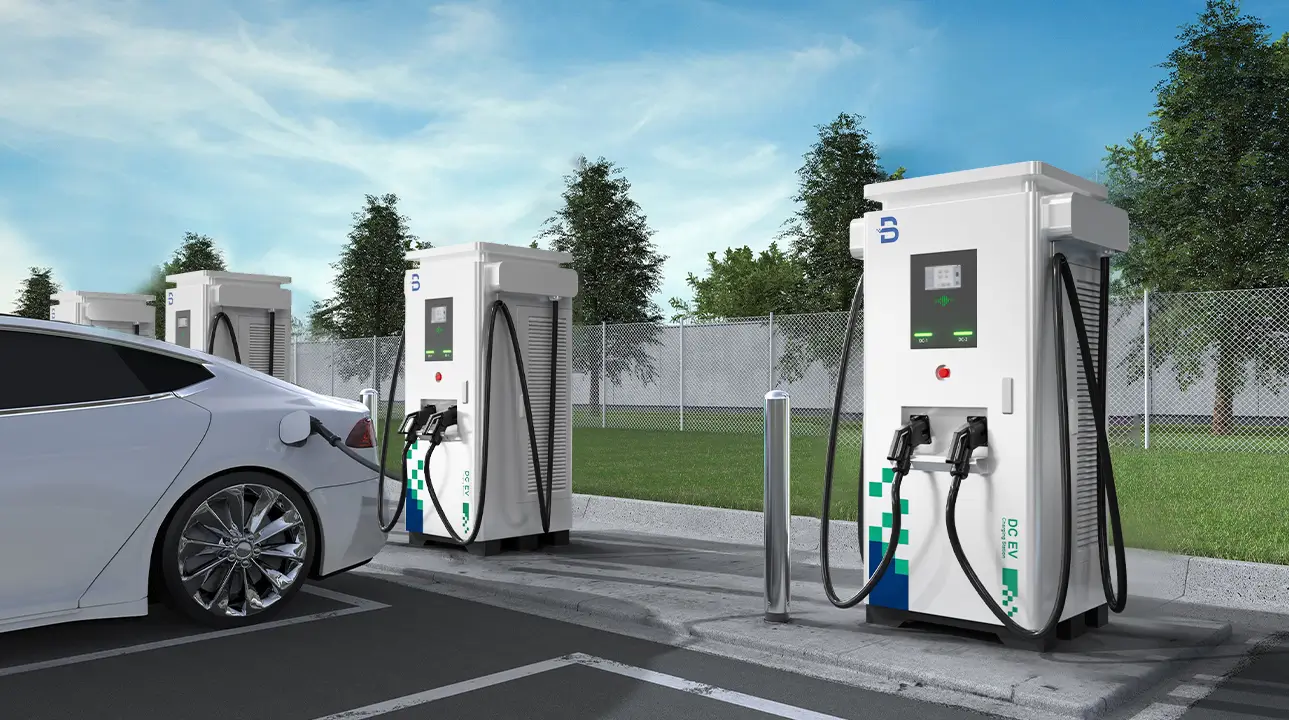(Veteran tech stock columnist Jon D. Markman publishes Strategic Advantage, a lively guide to investing in the digital transformation of business and society. Click here for a trial.)
The automotive world is making an important digital transformation. Cars and trucks are getting safer and smarter thanks to silicon and software that makes sense of the real world.
Executives at Ambarella Corp. ( (AMBA) – Get Report) reported Tuesday that the company shipped 300,000 computer vision enabled microprocessors to car companies last quarter alone.
This digital future of automobiles is here. Investors should buy component suppliers now.
There is a disconnect. Too many investors assume that self-driving cars will mark the coming out party for makers of smart technology. To get to truly autonomous vehicles, known as AVs for short, there are many regulatory hurdles, not to mention the cost of the expensive technology needed collect and make sense of data. This rationalization misses the point.
The technology is here now. It’s being implemented at scale in current advanced driver assistance systems. These ADASs could be braking systems that automatically slow the vehicle if the driver follows too closely, steering protocols that force the vehicle to swerve to avoid accidents, or even advanced cruise control. All of these technologies use some combination of cameras, radar and software to make current cars much safer.
If investors wait for the arrival of AVs they will have missed the best part of the opportunity.
Ambarella is an interesting business. Only five years ago its survival depended on providing video compression silicon to GoPro ( (GPRO) – Get Report), a maker of action video recording gear. Fermi Wang, chief executive officer realized there was no future being tied to what is essentially an expensive toy for adults. He guided the company in a new direction.
As solid state storage prices careened lower and the cloud gained popularity, security video became a vibrant new market. Wang saw an opportunity to embed artificial intelligence, specifically computer vision into the chips Ambarella designed. Its CV system on a chip designs have been a big hit with companies that supply integrated circuit boards to surveillance camera makers and vehicle manufacturers.
In a press release Wang noted that demand for Ambarella AI silicon has attracted 175 unique customers in fiscal 2021. More than 40 firms have entered production.
Meanwhile the other part of the business is ramping nicely, too. AVs are coming.
Motional, a Boston, Mass.-based maker of driverless car technology, announced Tuesday that its AVs will use Ambarella’s CVflow family of processors. Motional managers boast the company is one only a handful of businesses that have ever been approved to operate fleets of driverless vehicles on public roads.
In February the company began offering rides in Las Vegas. Multiple driverless Motional vans have navigated intersections, made unprotected turns and interacted with pedestrians, according to a company blog post.
It’s noteworthy that Motional is a close business partner with Aptiv ( (APTV) – Get Report), an Ireland-based auto parts and services business.
Aptiv is definitely working toward full AVs. It has a dedicated business unit and major partnership with Hyundai devoted to taking human drivers out of vehicles. That’s the longer-term business plan. In the interim Aptiv managers are focused on ADAS. It is the lion’s share of the business, and it is booming.
The Irish company is a pioneer in adaptive cruise control. It was also the first automotive parts company to build radar systems for original equipment manufacturers. Now managers are integrating ADAS with forward looking technologies like connectivity and digital architectures to make those safety systems modular.
This is why the Ambarella announcement about automotive chip shipments is so important. It reveals that the transition to smarter vehicles has already begun. The process is happening one step at a time and it will involve many companies.
Today’s computer vision from Ambarella helps companies like Aptiv build better ADAS systems. In the future that silicon may be the basis for full autonomy.
Ambarella shares trade at 206x forward earnings and 18.6x sales. Aptiv stock is priced at 31x forward earnings and 3.1x sales. Despite the disparity in valuations both issues are attractive into weakness.
The digital transformation of the auto industry is going to drive a lot of wealth creation.





More Stories
Moon | Cartype
Rivian, Mercedes-Benz Joint Venture Paused
We Blew Up Our $5000 Drag Car ~ Can We Getting Fixed In Time? – Humble Mechanic